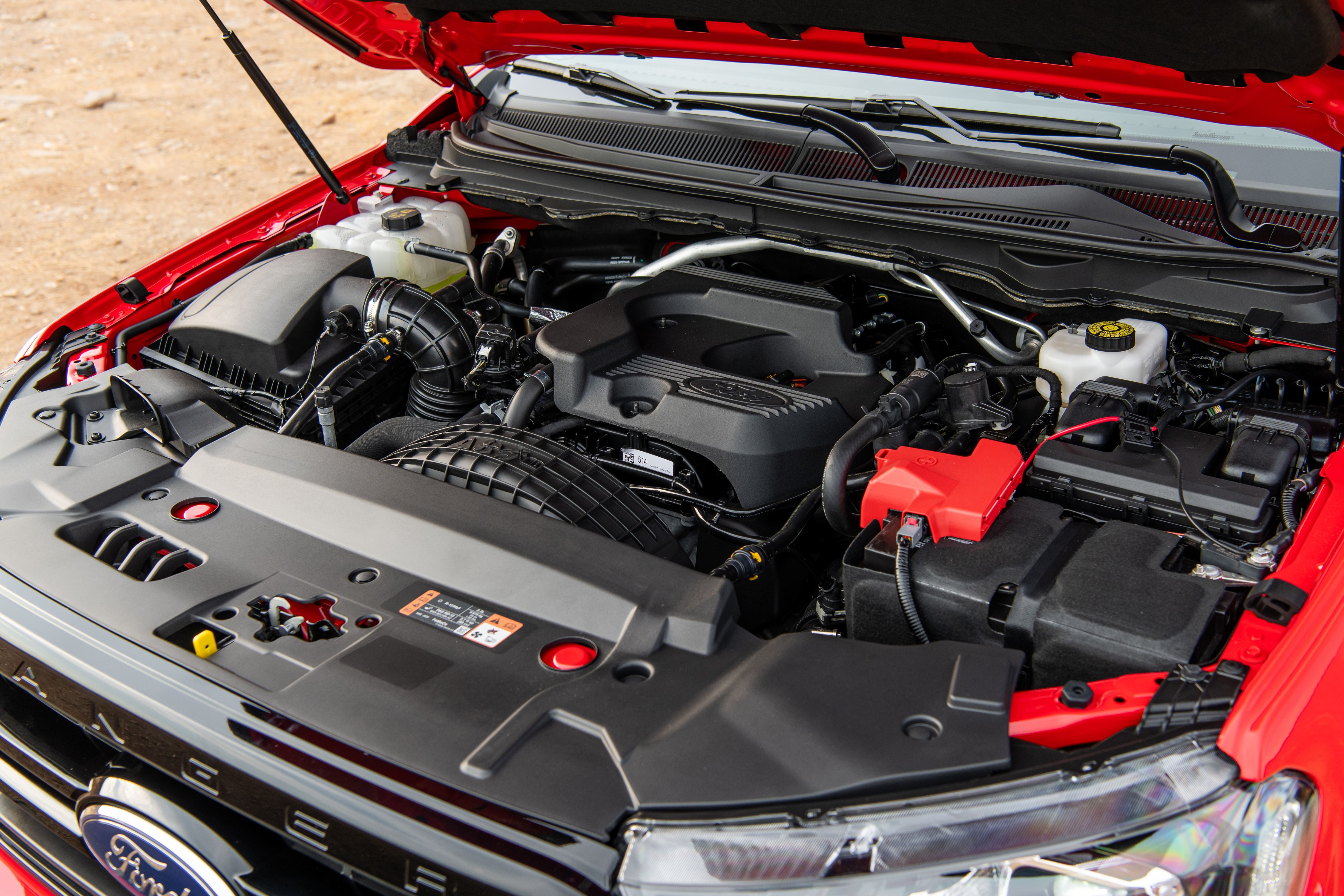Get to Know the Power and Reliability of the 2.2 Ford Ranger Engine for Any Job
Get to Know the Power and Reliability of the 2.2 Ford Ranger Engine for Any Job
Blog Article
What Makes an Automobile Engine Run Efficiently: Leading Tips for Optimal Care
The smooth operation of a cars and truck engine is fundamental to both efficiency and long life, making optimal care a necessary duty for vehicle owners. What particular actions should you focus on to guarantee your engine continues to be in peak problem?
Normal Oil Adjustments
One of the most critical facets of vehicle maintenance is ensuring your engine gets routine oil adjustments. Engine oil lubes internal components, reduces rubbing, and aids maintain optimal operating temperature levels. Over time, oil degrades due to warm, pollutants, and the natural by-products of combustion, resulting in minimized effectiveness and prospective engine damages.
The majority of manufacturers recommend transforming the oil every 5,000 to 7,500 miles, but this period can differ based upon driving problems and oil kind. Synthetic oils may enable for longer intervals in between modifications. Routine oil changes not just boost engine efficiency but additionally improve fuel performance, as clean oil advertises smoother procedure.
Overlooking oil adjustments can lead to sludge buildup, which harms flow and can result in extreme engine problems. It is vital to examine oil levels consistently and keep an eye on for any uncommon modifications in color or uniformity, which might indicate contamination or destruction.

Maintaining Coolant Levels
Keeping appropriate coolant degrees is crucial for protecting against engine overheating and making certain ideal performance. The coolant, generally a mix of water and antifreeze, circulates through the engine, soaking up warmth and stopping thermal anxiety. Inadequate coolant can result in increased engine temperature levels, which might trigger severe damage and even complete engine failing.
To preserve optimal coolant levels, consistently evaluate the coolant storage tank, generally situated in the engine bay. Make certain the coolant is filled up to the advised mark, as suggested in your automobile's owner manual. It is advisable to check the degrees at the very least once a month or before long trips, particularly throughout extreme weather.
If you discover that the coolant degree is constantly low, there may be a leak in the air conditioning system, which should be dealt with quickly to stop additional difficulties. 2.2 ford ranger engine. In addition, purging the coolant system every 2 to three years can help get rid of any kind of gathered debris and guarantee effective heat exchange
Monitoring Air Filters

It is suggested to check the air filter every 12,000 to 15,000 miles, or more regularly if driving in damaging or dirty conditions. A straightforward visual assessment can usually disclose whether the filter is unclean or harmed. If the filter shows up tarnished or has visible dust accumulation, it ought to be changed without delay.
Using a find more premium air filter designed for your details automobile model can better improve engine efficiency. Furthermore, some vehicles might take advantage of recyclable filters that can be cleaned and re-installed, providing a ecologically friendly and economical option.
Inspecting Spark Plugs
Ignition system are crucial components of a car's ignition system, straight influencing engine efficiency and performance. They develop the trigger that fires up the air-fuel blend in the burning chamber, helping with the engine's power generation. Routine inspection of stimulate plugs is vital for preserving ideal engine function and stopping prospective issues.
Dark soot or oil deposits can indicate improper burning, while a white or raw appearance might recommend overheating. Both problems require prompt focus to stop further engine damages.
It's advisable to inspect trigger plugs every 30,000 miles, or as advised in your lorry's proprietor handbook. Furthermore, think about replacing them according to the manufacturer's standards, as old or worn stimulate plugs can cause misfires, minimized fuel efficiency, and raised discharges.
Monitoring Tire Stress
Under-inflated tires can lead to lowered fuel effectiveness, boosted tire wear, and endangered handling. Normal surveillance of tire pressure is vital for ideal automobile procedure.
Tire stress should be inspected a minimum of as soon as a month and eventually trips. Make use of a dependable tire stress gauge to determine the pressure when the tires are cold, ideally prior to the automobile has actually been driven for a minimum of 3 hours. Refer to the lorry's owner manual or the placard located on the driver's side door jamb for the producer's recommended stress degrees.
It is essential to keep in mind that tire pressure can fluctuate with changes in temperature level; a decline of 10 ° F can lead to a 1-2 psi reduction in pressure. In addition, aesthetically check tires for any type of reference signs of wear or damages during your tracking routine. Maintaining correct tire stress not only boosts automobile security however additionally boosts fuel efficiency and lengthens tire life, eventually contributing to a smoother engine efficiency.
Final Thought
In conclusion, preserving a car engine's smooth procedure requires attentive interest to numerous essential variables. Ultimately, their explanation a positive approach to engine care is vital for making certain reliability and performance over time.
One of the most critical aspects of automobile upkeep is guaranteeing your engine obtains normal oil changes. Engine oil lubricates internal parts, lowers friction, and helps keep optimal operating temperatures. Normal oil adjustments not only boost engine efficiency but also improve fuel effectiveness, as tidy oil promotes smoother operation.
Inadequate coolant can lead to boosted engine temperature levels, which might create extreme damages or also complete engine failure.

Report this page